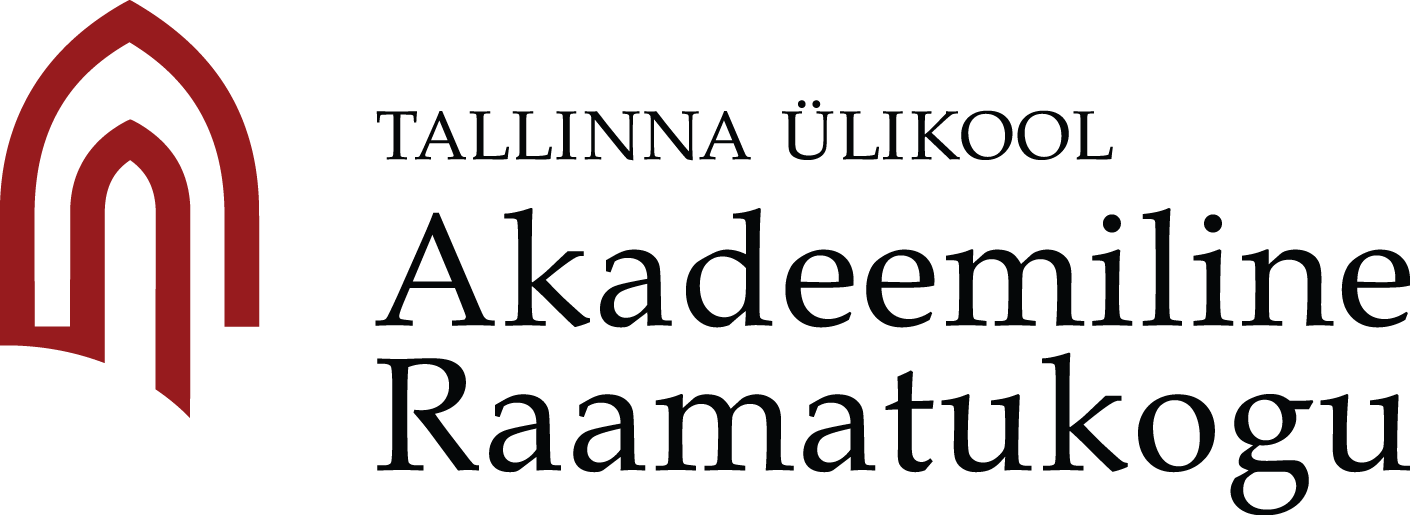Web of Science Research Assistant
Until April 16, a trial of the new Web of Science feature, Research Assistant, in Clarivate’s citation database will be open. The new generative AI-powered tool helps researchers find key papers faster, handle complex research tasks and visualize connections.
Feedback and questions are welcome at erialainfo@tlulib.ee.
The Web of Science Research Assistant features include:
- Flexible search for documents – Users can conduct natural language searches in several languages. The tool delivers overviews that consider more than 120 years of research and reveals connections between concepts and papers in a field of study.
- Guided prompts and tasks – The tool suggests ways users can enhance their research tasks, following context-specific prompts to expand or refine the scope of discovery. Guided tasks including ‘Understand a topic’, ‘Literature review’ or ‘Find a journal’ help researchers focus on exactly what they need.
- Unique data visualizations – Users can explore trend graphs, topic maps and co-citation networks that show different angles on a topic and guide them deeper into their research.
More information can be found HERE: https://clarivate.com/academia-government/scientific-and-academic-research/research-discovery-and-referencing/web-of-science/web-of-science-research-assistant/
Geenius.ee
Geenius.ee is a rapidly growing news portal with content that is factual, clear, and useful. It maintains a strong focus on business and digital news relevant to Estonia, as well as insights that support work and studies. The portal comprises 13 websites and three magazines, and produces seven podcasts.
A trial access to Geenius.ee is available to members of Tallinn University until 26th May 2025.
